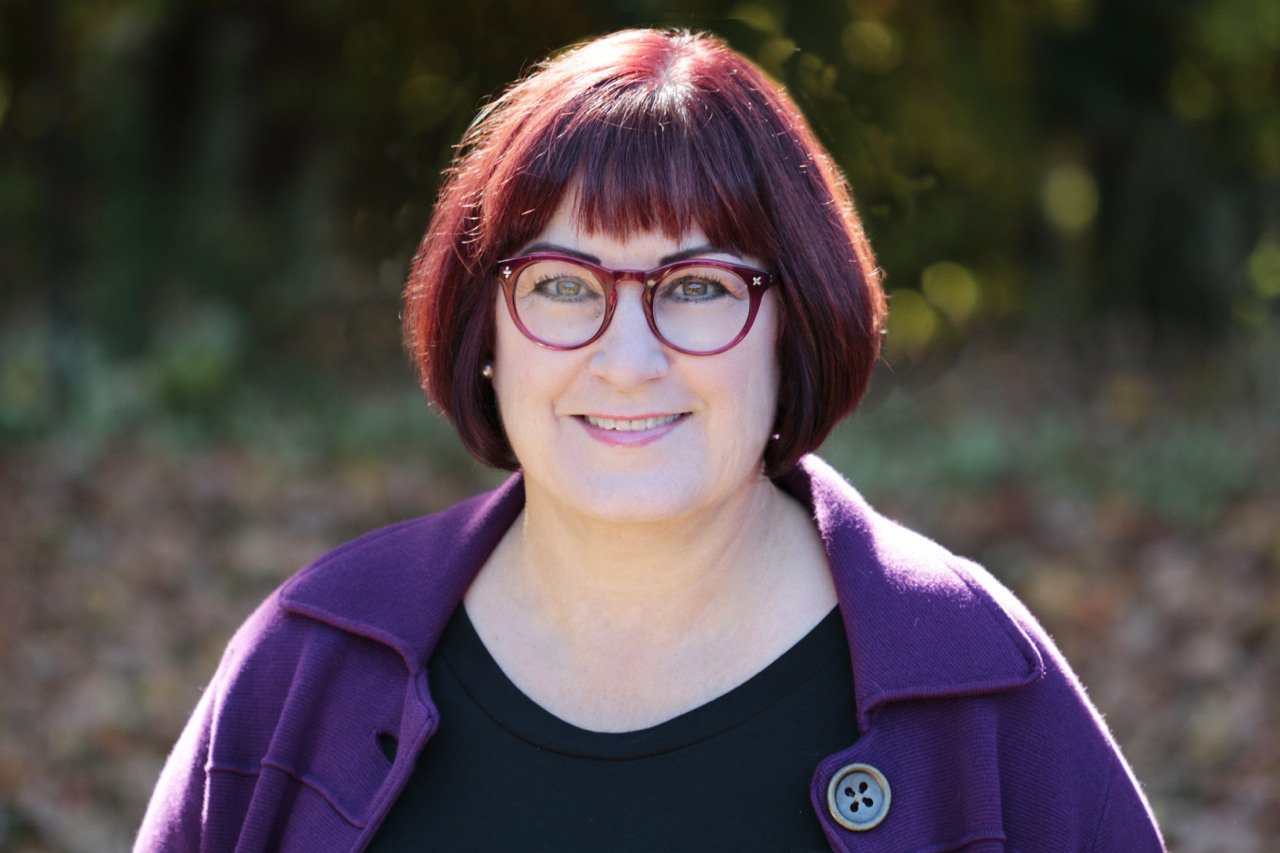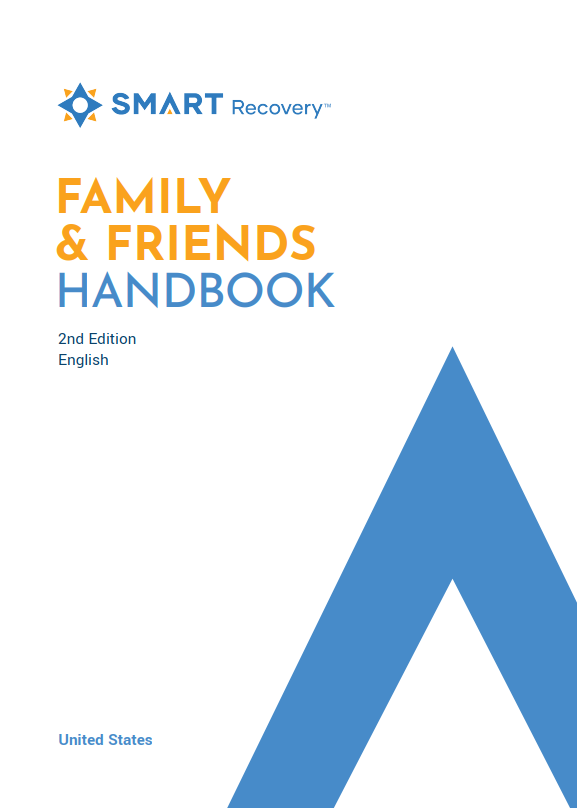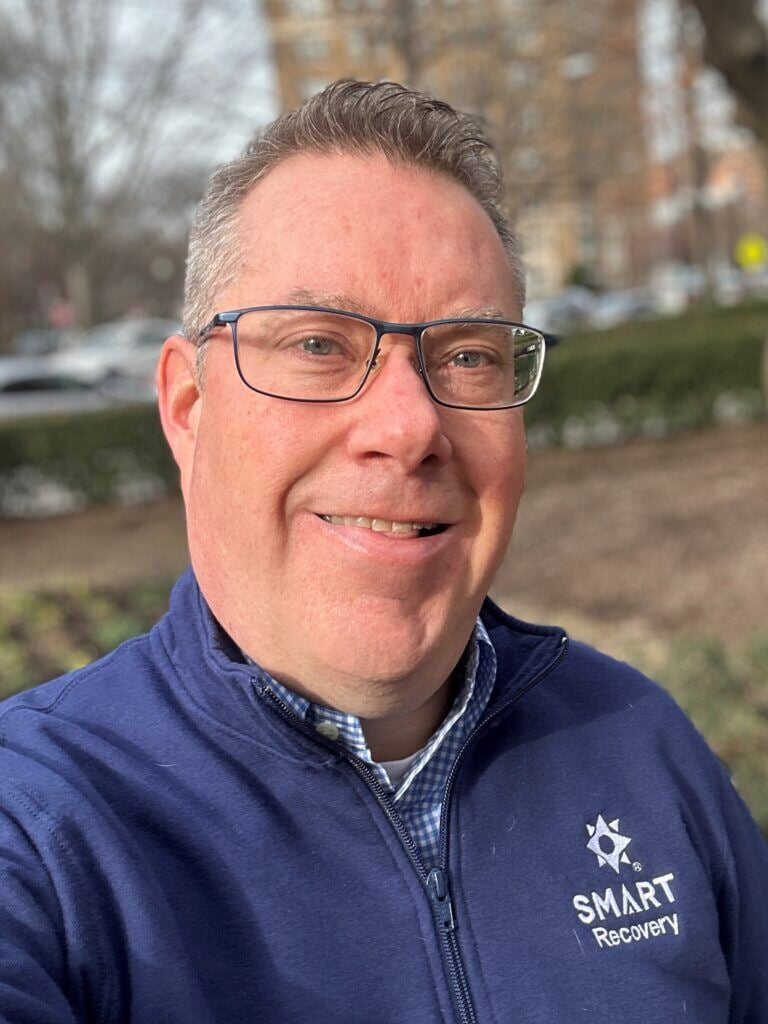Provided by SMART Family & Friends Facilitator, Ellen Kolton, MPH

Laura arrives a few minutes late to the Family & Friends meeting that I facilitate, looking like a seasoned country singer in her wide-brimmed suede hat. A bit breathless, she comes from her weekly volunteer job, distributing surplus food from supermarkets to local food pantries and homeless shelters. Laura attends our meetings in support of her 24-year-old daughter who struggles with an addictive behavior.
Laura has emerged as a source of wisdom and strength in our group that meets near Boston. A spry 70-year-old, she now lives with both of her adopted millennial daughters, accepting that her home lacks the quiet and order she expected at this stage of her life. While trying to cope with her often chaotic household, she models self-care: from the pleasure she gets from her volunteer activities and the hikes she takes in the woods, to the thoughtful rituals she has added to her daily life.
The subject of self-care is a frequent topic at SMART Family & Friends meetings. When people are obsessed with worry and concern about a partner, a child, a friend or a sibling, everything from sleeping, eating or engaging in normal activities diminishes. Self-care is one of the hardest skills to master and maintain, especially when a loved one is in the throes of an addictive behavior. In promoting self-care, SMART facilitators often refer to the metaphor of reaching for your own oxygen mask before trying to help your loved one to put on their own. Being in the close orbit of a loved one’s addictive behaviors—anything from their actively using substances, to their lying, stealing, disappearing or abusive comments — is unnerving. People say they can’t do things for themselves while being consumed with worry and anxiety about their loved one. Though putting yourself first may seem counter-intuitive, it’s actually a way to model behavior that may have a positive effect on your loved one. And, it provides some needed peace of mind.
Laura’s methods stand out. First, she has developed a time-limited schedule for worrying, prompted by a calendar alert and an agenda for the session. In attending to her concerns about her daughter’s addictive behaviors, she established a 20-minute time slot for allowing herself to go down that path. She explains that during that time she allows herself to imagine worst-case scenarios and considers options to deal with them, a technique for resolving fear, covered in the SMART Family & Friends Handbook. When the timer goes off, she’s done. Her ritual also echoes one of the themes in a recent New York Times article that differentiated among worry, stress and anxiety.
“Worry is a way for your brain to handle problems in order to keep you safe,” according to Luana Marques, an associate professor of psychiatry at Harvard Medical School and the president of the Anxiety and Depression Association of America, who was quoted in the Times article. “It’s only when we get stuck thinking about a problem that worry stops being functional.” The article notes that worry can serve as a productive means of problem solving.
In addition to setting time aside to worry, Laura also adopted a visual and audio reminder to keep herself centered. Her mantra for the year, she announced recently, is “TCM”: It stands for Take Care of Me, the words that she recites when she feels overwhelmed by her daughter’s behavior, knowing there’s not much she can do to change it. She’s even had the letters engraved on a ring that she wears daily.
We are impressed. Laura’s willingness to disclose her methods for preserving herself—and her sanity — has had a significant, positive effect on our group. It also reinforces the underlying power of sharing personal experiences and the crosstalk that SMART promotes. Whether her practices will have a positive effect on her daughter is not the point: what they will do is equip Laura to better handle the situation.
About SMART Recovery Family & Friends
SMART Recovery Family & Friends helps those who are affected by substance abuse, drug abuse, alcohol abuse, or other addictions of a loved one. Our program is a science-based, secular alternative to Al-Anon and the Johnson Intervention, and our method is based on the tools of SMART Recovery and CRAFT (Community Reinforcement and Family Training). CRAFT aims to teach family and friends self-protection and non-confrontational communication skills to help their addicted loved one find recovery.
You can find Family & Friends meetings in-person and online.
- Find a local meeting: Please click here to search for a local SMART Recovery Family & Friends meeting.
- Register for online meetings: To participate in the online Family & Friends meetings, registration is required at the SMART Recovery Online website: www.smartrecovery.org/community.
If you are interested in starting a Family & Friends meeting in your local area, we would love to hear from you. Please click here to learn more about starting a Family & Friends meeting.
Click here to read more about SMART Recovery Family & Friends.




